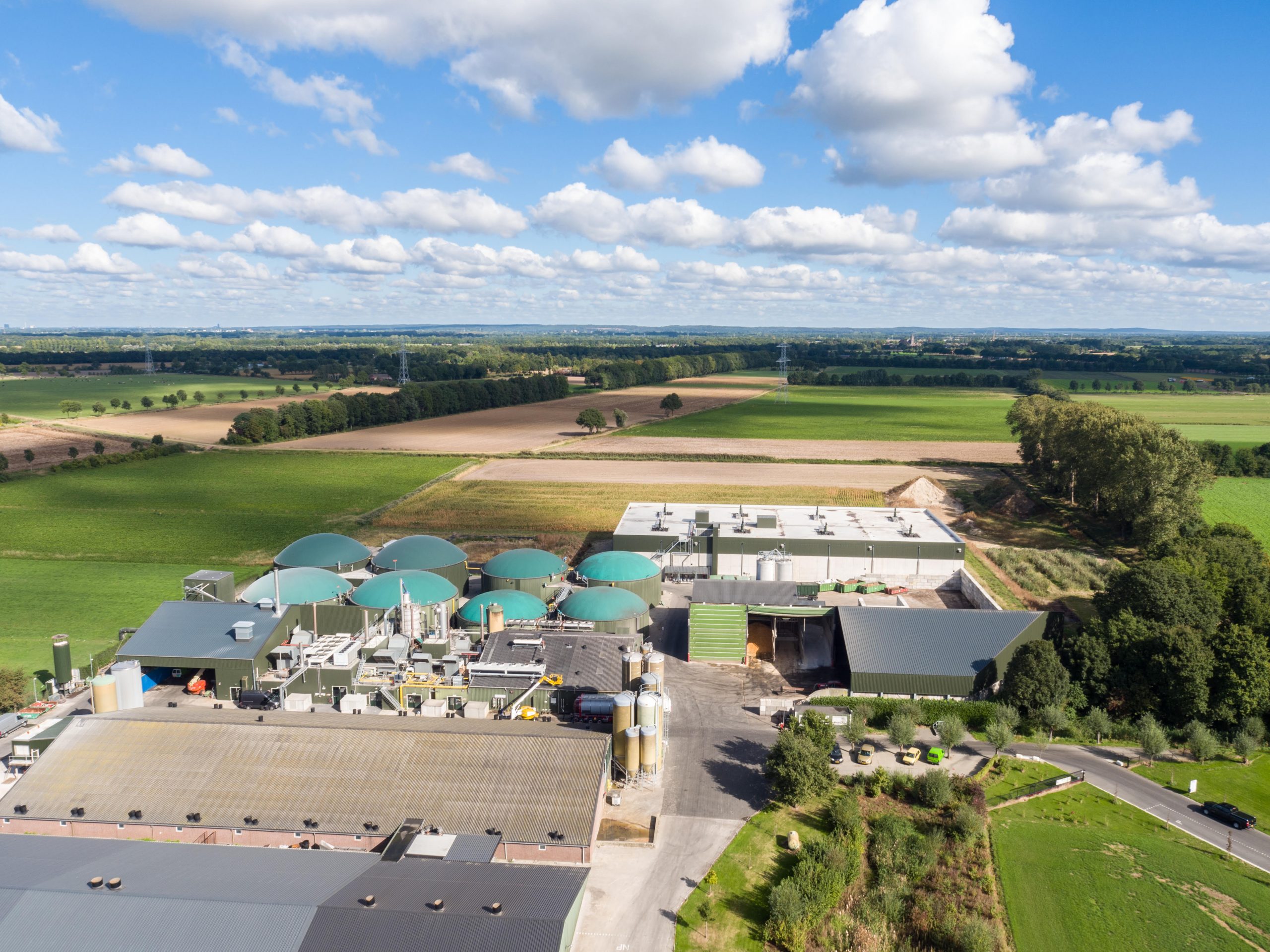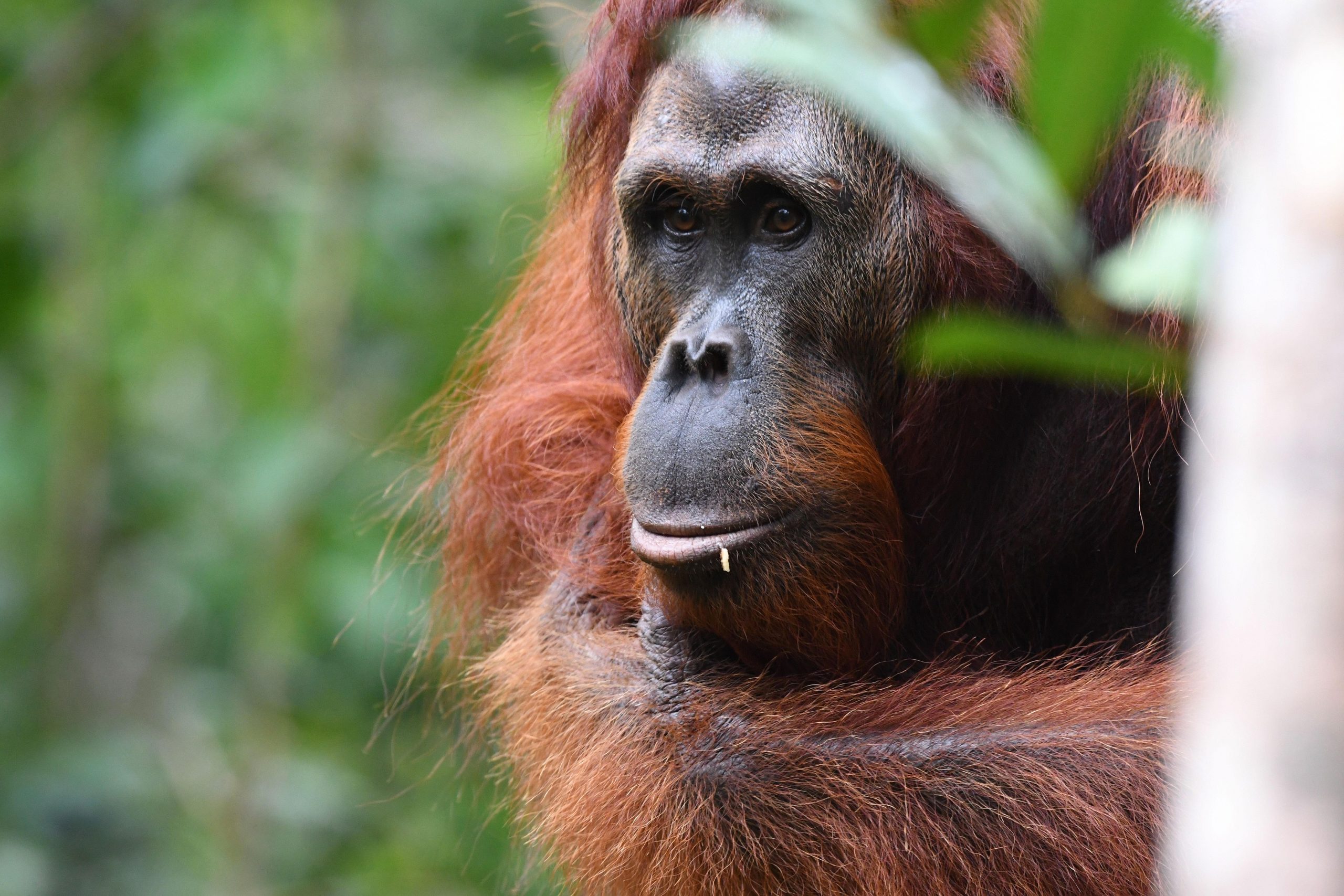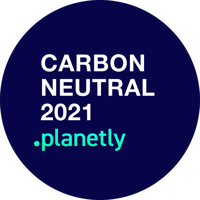Starting our journey to become carbon neutral
Table of Content
Background & objectives
The unprecedented boom of the e-commerce industry and transportation in recent years has a negative side effect when it comes to carbon footprint. The science is clear – climate change is affecting environments and people around the world, and we must act now if we are going to avert the worst-case scenario of global warming and its dire consequences on the environment and livelihoods. This is why taking action for achieving sustainability and corporate responsibility is gaining paramount importance and we are committed to doing our part towards more sustainable e-commerce fulfillment.
We partnered up with Planetly to find out more about our company’s carbon footprint and begin improving it with professional suggestions from an experienced partner.
Building on that commitment, we partnered up with Planetly to find out how to get the most out of our carbon offset activities. Planetly is a technology start-up on a mission to help build a carbon-neutral economy and their solution helps companies to automate carbon management, from data collection to reduction strategies and offsetting measures.
| 150t carbon emissions offset |
121 data points analyzed |
2 offset projects |
2020 analysis period |
Our carbon footprint
Our main objective was to analyze the direct carbon footprint that we produce as a company. This was done by splitting the project into three steps; measuring, analysis and offsetting.
In the first step, we measured a total of 121 data points related to the amount of corporate carbon emissions that we produce. Creating a transparent measure of the total amount of carbon emissions is a prerequisite for effective carbon reduction and offsetting activities. In verbatim, byrd’s scope for corporate carbon footprint takes into account direct emissions from controlled sources (scope 1), indirect emissions from the purchase of energy (scope 2) and indirect emissions from the supply chain (scope 3). Combined, these three scopes covered emissions from office and warehouses, employees, service provider- and customer-related emissions.
Following the initial measuring process, Planetly created a concept for the analysis of all collected data. What is important to note here is that the analysis is fully compliant with the requirements of the greenhouse gas (GHG) protocol and compliant with the corporate value chain accounting and reporting standards. Following these standards ensured that the analyzed data is reliable enough to deliver accurate results.
The results of the analysis show that the largest share of byrd’s carbon footprint comes from indirect emissions from the supply chain (scope 3) with 119.2 tCO2e, whereas emissions covered in scopes 1 and 2 accounts for roughly 18 tCO2e. On that account, emissions stemming from scope 3, represent 87,3% of all emissions produced by byrd. All three scopes combined, our corporate carbon emissions amount to 150t CO2e, which is exactly 2,710,194 cups of coffee or an annual footprint of 28 people.
Offsetting emissions
Based on the results of analyzed data for our carbon footprint, we then created a custom offset portfolio. Planetly offers a plethora of high-quality climate protection projects with which companies can compensate for their carbon emissions. Furthermore, all projects are certified according to the strict international standards (including the Gold Standard and Verified Carbon Standard).
We decided to equally split our offsetting activities into two projects; one in the Netherlands (Biogas Project, North Brabant, Netherlands) and the other in Indonesia (Borneo Rainforest REDD+ Project, Indonesia).
 (Picture courtesy of Planetly - Biogas Project, North Brabant, Netherlands)
(Picture courtesy of Planetly - Biogas Project, North Brabant, Netherlands)
About Biogas Project, North Brabant in the Netherlands
Biogas plants enhance economic growth by expanding the farmers’ areas of work from cultivation and farming practices to energy production – hence, creating sustainable new economic opportunities. Through effective waste management, manure and plant residues collected from different farm operations in the region are fed into biodigesters, where emitted methane gas is collected, producing biogas. The gas is then used for electricity generation, which in turn is fed into the local electricity grid, whilst the substrate can be separated to form a fertilizer. We are offsetting 75 tonnes of our carbon dioxide emissions in a bid to support this Europe-based project and its positive effects on clean energy, climate protection and wellbeing.
The project is accredited under Verified Carbon Standard (VCS), which ensures that the project produces genuine carbon emission reductions and supports the region by offering a renewable energy source as well as effective waste management.
 (Picture courtesy of Planetly - Borneo Rainforest REDD+ Project, Indonesia)
(Picture courtesy of Planetly - Borneo Rainforest REDD+ Project, Indonesia)
About Borneo Rainforest REDD+ Project in Indonesia
This REDD+ project has successfully defended 64,500 hectares of carbon and biodiversity-rich lowland peat forest from conversion to oil palm plantations, which surround the project area. In turn, the climate protection activities of this project prevent 4 million tonnes of CO2e from being released into the atmosphere each year. In addition, this project protects over 120 threatened and endangered species, and supports over 10,000 forest-dependent community members living in and along the boundaries of the project, who have traditionally held no tenure and who have used the forest in an unsustainable way. To support the initiative and help with the project’s sustainable development goals, we are offsetting 50% of our carbon footprint, which roughly translates to 75 tonnes of CO2e.
Last but not least, the project is accredited under Voluntary Carbon (VCS) and Climate, Community & Biodiversity (CCB) Standards. This ensures that the project produces genuine carbon emission reductions and supports local communities whilst protecting the fantastic biodiversity of the project region.
Lessons Learned
When it comes to carbon-neutrality, there are two possible ways companies can deal with their corporate carbon footprint. The first option is to remedy your CO2e footprint by offsetting it and support various climate protection and restoration projects. The second option is to improve and optimise processes in the company internally and, consequently, reduce your corporate carbon footprint at the source.
For byrd, the biggest crux of the matter is emissions that are indirectly generated by our supply chain network (scope 3). Indirect emissions generated by external servers and external service providers account for more than 50% of all emissions that we generated in 2020. On the other hand, analysed data shows that we are quite efficient in terms of CO2e footprint that we generate within scopes 1 and 2. Activities like heating, electricity, teleworking, equipment, and travel and commuting are the biggest carbon generators within these scopes, however, they account only for 12.7% of our emissions that we generated last year.
Howbeit, this lesson learned has important implications for our future strategy of becoming a carbon-neutral company. Offsetting emissions can be a feasible solution for indirectly generated emissions from your supply chain network, however, improving processes internally in a bid to reduce corporate carbon footprint makes the most sense for activities where you are producing CO2e directly. For the latter, there is still room for improvement at byrd and we can further reduce the amount of directly produced emissions in the future. What this means for us is that a combination of both approaches is the way to go forward. This is why we are, together with Planetly, already exploring possibilities for how to decrease our emissions internally by introducing sustainability-focused policies and activities.
Outlook
Sustainability and corporate responsibility are core building blocks of byrd since day one and moving towards reducing and avoiding carbon emissions of our corporate activities is a natural step forward. In this regard, we have banded together with Planetly which has enabled us to understand how to employ best sustainable practices and how to get the most out of our carbon offset activities in the future.
- Alexander Leichter, CEO of byrd
As a third-party logistics & fulfillment company that is on a mission to revolutionize the logistics industry, we see assuming the responsibility for sustainability and carbon neutrality in e-commerce and logistics as a part of the deal. This is why we want to lead the way by example and show that the industry can change for the better.
In the future, we wish to even more actively manage and reduce our corporate carbon footprint. With the support of Planetly we will work on employing sustainable and carbon-neutral practices, especially in the logistics chain by our external service providers, transports, and business partners. With this, we aim to optimize the carbon footprint in the long term.
